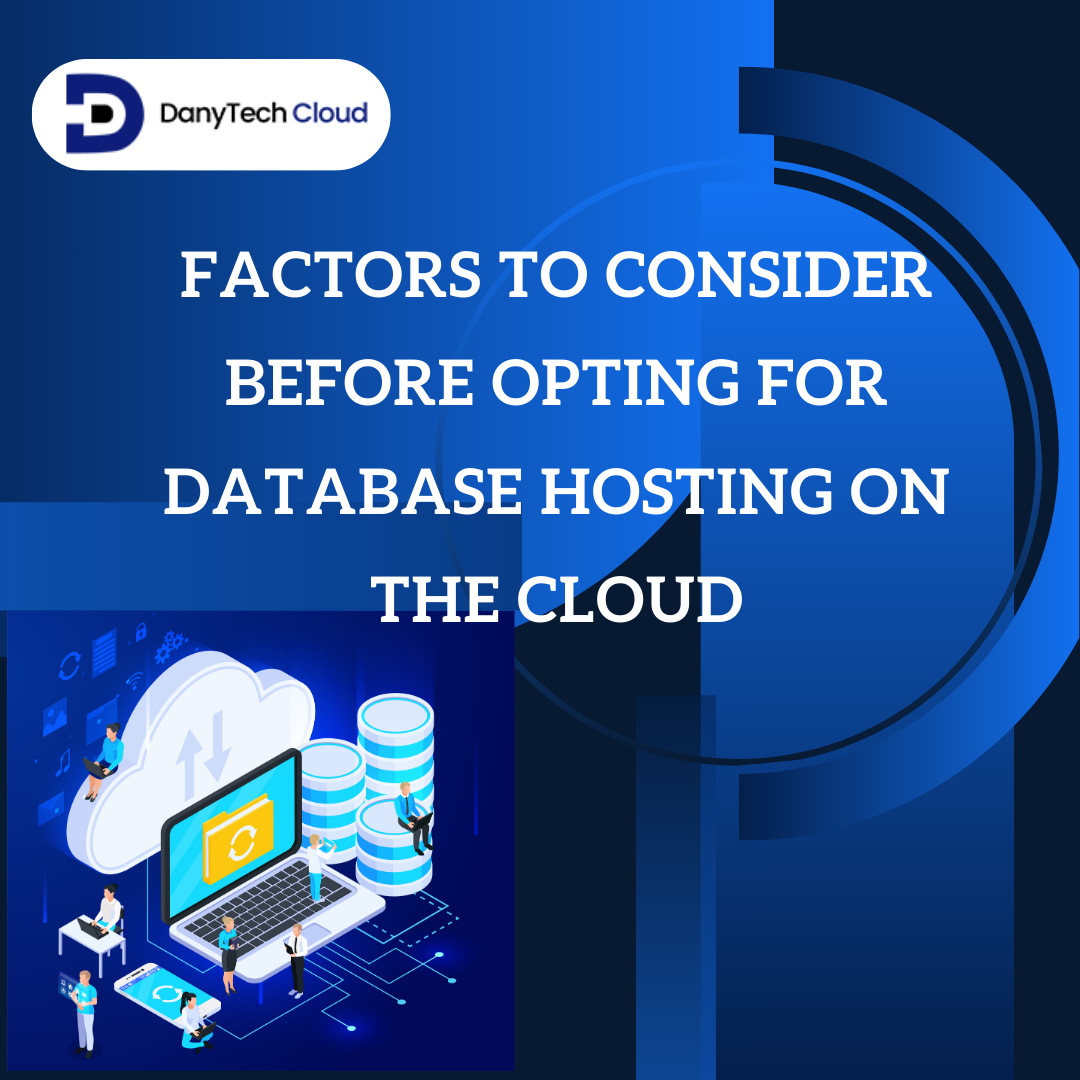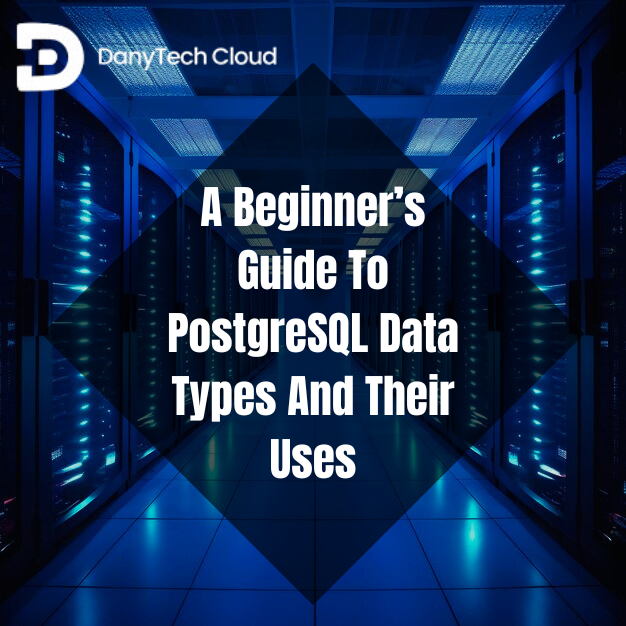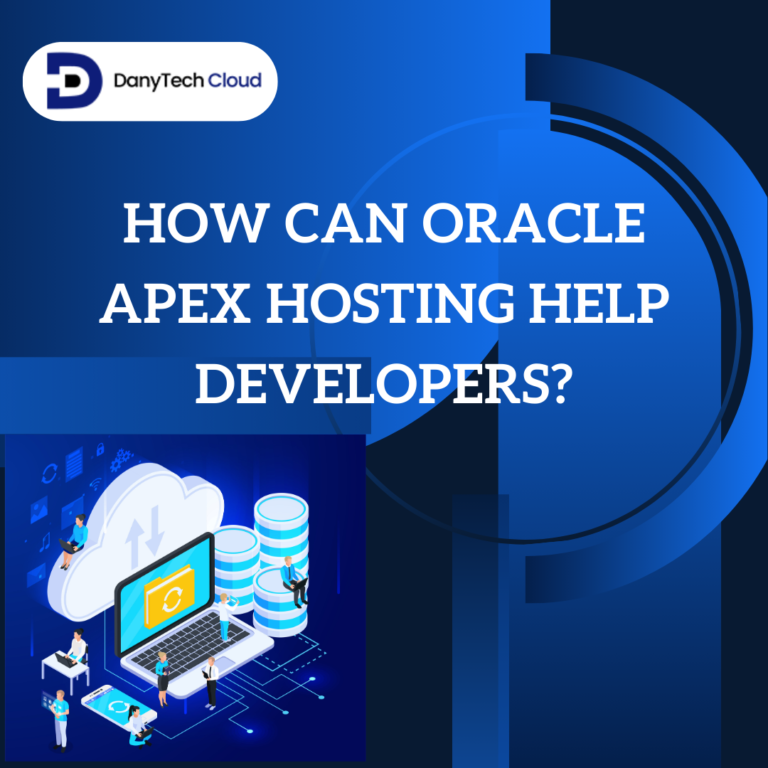The world today is driven by a slew of data, which ends up driving digital transformation. But before this process can take place, you need to effectively manage large amounts of data to tap into its potential. This is easier said than done, given that the data estates that you see today are quite complex and intricate. For this reason, a cloud database, which can be easily accessed with the help of a cloud platform, can come in handy.
However, before you can move ahead with database hosting on the cloud, there are various factors that you need to consider. This is especially crucial if you want to end up with a database that matches your needs and preferences. Let’s take a look at what these are.
Considerations That Affect Your Decision For Database Hosting
- Data Privacy And Security
Deciding to opt for database hosting on the cloud significantly increases the necessity of protecting your data. Different kinds of sensitive data leave the physical firewall and infrastructure of your company, which minimizes your control. Consequently, it becomes crucial for you to examine the privacy and regulatory norms that your organization must comply with.
This requires a comprehensive assessment of the security and compliance certifications that will be necessary in such cases. Make sure to also take a close look at the disclosure requirements and the sharing of data with regulatory bodies, as well as clients.
- Significant Availability
If you want to prolong the life of your business and ensure that it grows consistently, you need to ensure significant availability of your cloud database, especially when it comes to infrastructure failures and disasters.
It falls onto you to make sure that your cloud database instance is configured for HA with a standby as well as a primary instance. In addition, if you are aiming for high availability and have to abide by various compliance requirements, you can consider establishing your Database as a Service (DBaaS) in Multiple Availability Zones.
- Data Repatriation
Your data may exhibit stickiness due to a wide variety of factors, and it is not unusual for enterprise data to be dispersed to various locations. Therefore, when you are contemplating database hosting on the cloud, it is vital to assess the expenses that will be associated with moving data between different environments. Keep in mind that your cloud provider should be reliable enough to offer flexibility in the movement of data and allow seamless transitions between public, private, and on-premises cloud environments.
As a result of this flexibility, you can ensure smooth repatriation of your data and enable businesses to revert data into on-premises infrastructures from public or private cloud environments and vice versa. This is especially helpful as the needs of your business evolve.
In the face of data breaches, potential downtime, and other challenges with respect to security, it becomes necessary for all businesses to have a robust prevention plan in place. But while prevention is better than cure, you must also focus your efforts on disaster recovery in case the worst-case scenario actually occurs.
Consequently, it is up to a reliable and robust cloud database to facilitate and process automated backups. This enables high availability and allows you to strengthen your defenses. On the other hand, you can also include Backup-as-a-Service (BaaS) as a different solution. With the help of this dedicated service, you can ensure that your data will be kept safe and secure and can be readily recoverable if a disaster occurs. This holistic approach will ensure that your business remains safe from potential challenges and is prepared to recover data and resume operations swiftly.
Service Level Agreement or SLA
It is not a rare thing for issues to arise when it comes to any cloud software apps, including databases. From major outages to minor glitches, you will be in contact with your cloud provider for advice and help. This is why you need to be satisfied with the SLA they provide. This helps in managing expectations when it comes to reliability, procedures, responsiveness, and monitoring. It will help in ensuring there is no disappointment down the line.
- PaaS/ DBaaS vs IaaS
This is probably the essential factor that must be considered. When you are running databases in the cloud, there are two deployment models to consider. These include PaaS or Platform as a Service and IaaS or Infrastructure as a Service.
In the PaaS model, the public cloud provider delivers a managed database service that is also known as DBaaS or Database as a Service. It is where most of the administrative tasks, like setting up infrastructure, patching, backup, scaling up and down, and providing SLA backed availability, are taken care of by the cloud provider. Depending upon your database demands, DBaaS allows you to choose between multiple performance and size options from the list of pre-configured instance types.
With the IaaS model, a Database can work on the infrastructure made available by the cloud service provider, also known as DIY or Do It Yourself sometimes. The advantage of this setup is having everything under your control while still taking advantage of public cloud-based infrastructure. However, it also makes you take care of all administrative tasks, which otherwise would have been taken care of by cloud providers.
- Data Migration
The efficient retrieval and migration of data is necessary for database hosting. If you overlook this aspect, you are likely to incur challenges in terms of support as well as cost. Therefore, before you can choose a provider, you should ensure that they have comprehensive tools, mechanisms, as well as support to facilitate the process of data migration in a seamless manner.
This includes ensuring that the extraction and movement of data can be done smoothly, without any hassles. In line with this, the provision of convenient and user-friendly tools can play an important role in streamlining the migration process. As a result, businesses can feel empowered to transition their data and move it with ease between different environments.
- Scalability
A truly valuable and robust database hosting platform for the cloud will have unparalleled flexibility. It will also have the room to stretch to meet the evolving demands of your business without having to put you through elaborate plans or challenges.
Therefore, when you set foot in the market to pick the right cloud database, make sure to think about your present business requirements and anticipated future growth. This includes accounting for seasonal traffic that is likely to arise as time passes and have an impact on traffic and usage. The right database will have the capabilities to scale all resources and readily allow you to meet the needs of your business.
- Cost
When it comes to cost, you cannot rely on a one-size-fits-all approach, which underscores the importance of ample consideration before settling on a database hosting platform. The right-sizing is especially necessary in such cases, as your application could require a size that is not a part of the standard options offered by a provider. As a result, some of your resources may be going to waste.
Thus, it is crucial to optimize cost-efficiency and seek options that give you room to tailor the resources you require at the moment.
Summary
There is no denying that the cloud ensures extensive flexibility in order to run database workloads. It has a wide range of other benefits as well, which you can capitalize on with the help of DanyTech’s optimized database hosting solutions. We have a modern and robust analytics cloud architecture to streamline all processes. It is our duty to facilitate your data journey and offer you everything, from .cloud analytics to actionable insights.
Get in touch with us right away to know more




